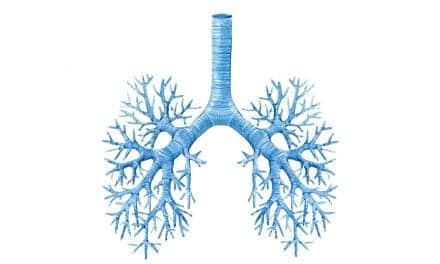New data shows that quitting smoking can lead to a notable improvement in outcomes following major urologic surgery. The researchers aimed to investigate the impact of smoking on perioperative outcomes in patients undergoing prostate, bladder, and renal/kidney surgery.
Researchers from the Henry Ford Health System’s Vattikuti Urology Institute analyzed data from the American College of Surgeons National Surgical Quality Improvement Program database as well as results from a patient self-reported smoking status, according to a news release from the American Urological Association (AUA).
The findings of the study were based on records from 9,014 patients who had undergone one of the three urologic surgeries between 2005 and 2011, and patients were categorized as nonsmokers, current smokers, or former smokers and evaluated on 30-day morbidity and mortality. The analysis revealed that current smokers had considerably higher odds of respiratory and kidney complications in addition to increased odds for length of stay following prostatectomy, as noted on the AUA news release.
Current smokers also had increased odds for subsequent procedures following a cystectomy, while previous smokers had increased odds of hospital readmission. Formers smokers (those who had quit for at least 1 year) had similar outcomes to nonsmokers after prostatectomy.
Benjamin Davies, MD, states, “This research serves as a wake-up call to many smokers, and demonstrates that the sooner you quit, the sooner your risk factors for surgery complications and disease recurrence decrease. In fact, this research indicates that for longer-term ex-smokers, risks may be almost the same as if they had never smoked at all.”
Source: AUA










